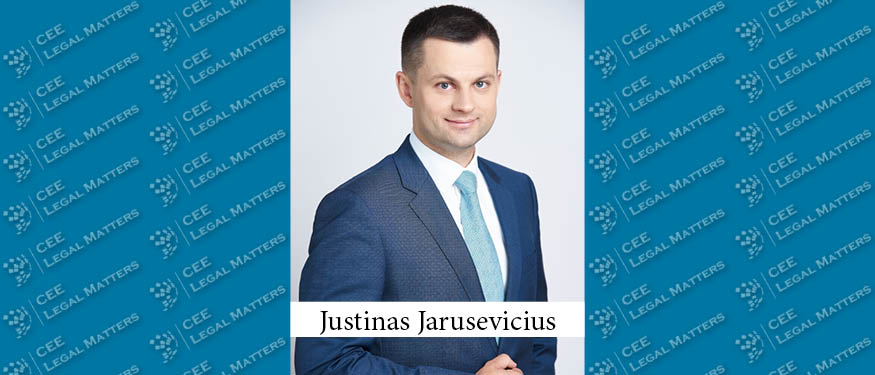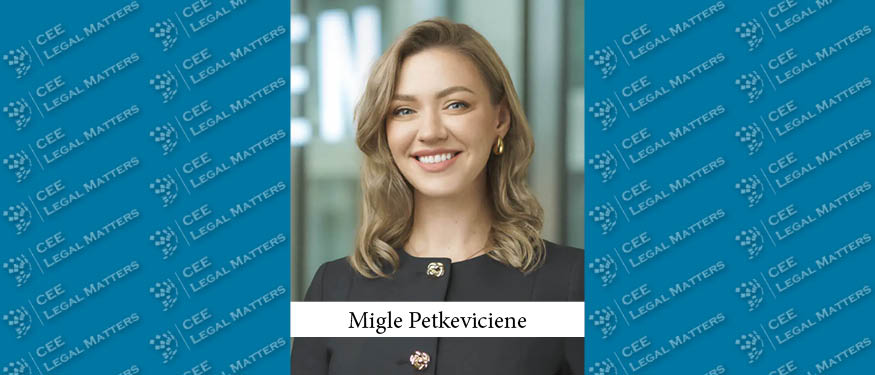Lithuania may find itself in economic turmoil, but it is also experiencing strong political unity in the face of the war in Ukraine, according to Motieka & Audzevicius litigation Partner Justinas Jarusevicius.
“While the Lithuanian economy is dependent on export to foreign countries, losing the Russian and Belorussian markets didn’t impact us that much – we managed to diversify in time,” Jarusevicius begins. “Still, at this moment, exports to the West are going down as well, which is presenting an economic challenge for our country. Everybody is hoping that a major economic crisis is not in the cards.”
With the economy being in a bit of a bind, there still are business sectors that are giving cause for hope. “The IT sector is very vibrant in Lithuania,” Jarusevicius says. “We have two unicorns – Nord Security, a provider of digital security and privacy solutions, and clothing resale platform Vinted. In addition, IT professionals are a very attractive labor force addition and Lithuania is lucky to have a lot of them,” he explains. “Further, Vilnius is a fintech hub with thousands of people being a part of it. However, opportunities to attract investments are not as plentiful as they were before. The rising interest rates made money more expensive which, consequently, impacted the ease of accessing financing and liquidity,” he explains.
“Moreover, a major local fertilizer company has been sanctioned by the Lithuanian government on account of potential control ties to a person sanctioned by the European Council,” Jarusevicius continues. “This made a dent in the economy. Also, as consumption is shrinking with an increase of interest rates, it has impacted the wood and furniture industry, which is well developed in Lithuania.” As he explains, reverberations of this are felt throughout multiple sectors. “It is difficult to predict the outcome of all of this, but there is not much optimism.”
Shifting the focus to the geopolitical context, Jarusevicius reports that “all parties in the parliament are unified in their stance – of full support to Ukraine. This is of great importance, seeing as how Lithuania also needs to be perfectly prepared to defend itself should the war spread.” Indeed, such battle readiness is also “part of our NATO obligations, so we need to stay alert,” he adds. “And, speaking about NATO – the organization will have its summit in Vilnius in July, so we expect the allies' commitment to the joint cause to be solidified even further.”
Finally, Jarusevicius reports interesting developments in the legal market. “Artificial intelligence is the talk of the town and the way the markets are adjusting to it – lawyers and businesses alike,” he says. “Junior Associates’ and even Associates’ work stands to surely shrink in the near future, under the onslaught of AI-powered solutions,” he explains. “At the same time, we expect the workload for mid-level and senior-level lawyers to increase significantly.” Moreover, he adds that “litigation workstream-heavy offices will still have a strong need for lawyers, given the need to present, defend, and represent cases. It is still difficult to conceive how an AI solution would overtake this line of legal work,” Jarusevicius concludes.













